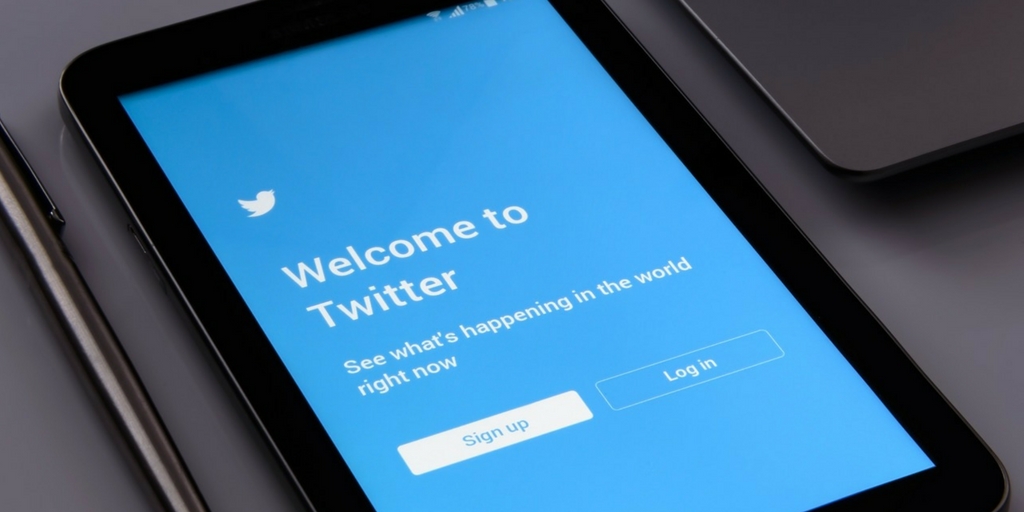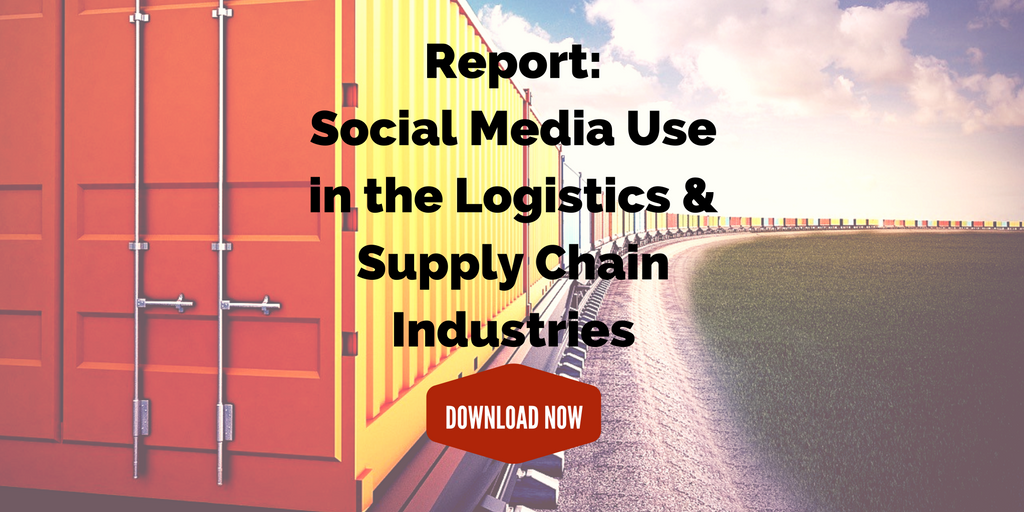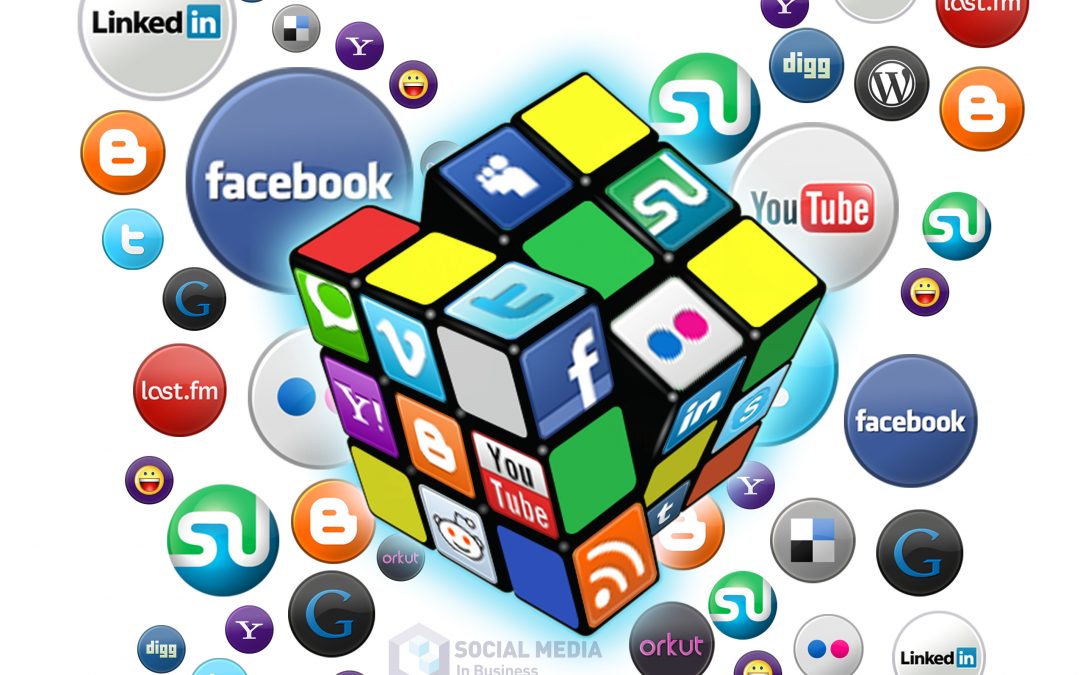
Which Social Media Channels Should Your Supply Chain Company Use?
Your company should consider your ideal customer, your competitors, and your content before choosing which social media channels to use.
Facebook! Twitter! LinkedIn! YouTube! The number of social media channels is astounding – and growing daily. Knowing which your business should be on can be daunting. Here is what to consider when determining which social media platforms you should be using for your supply chain company.
Your ideal customer
Understanding your target audience and which social media platforms they’re using is invaluable information. If you want to reach potential and current customers, you need to be where they are. You need to make it easy for them to find you and engage with your business.
An easy way to obtain this information is simply to ask. A quick email asking current customers where they spend their time online can give you insight into which platforms to use. You can use free tools like SurveyMonkey or Google Forms to create polls that dig a little deeper, too.
Your competition
If your competitors are already active on social media, start by finding out where. If these platforms align with your ideal customer, don’t be afraid to kick start your social media presence alongside them.
Social benchmarking tools like RivalIQ allow you to see where your competitors are active and where they are getting the most engagement. Once you launch a social channel, you can compare your performance to theirs and see where you’re gaining traction and where you can improve.
On the other hand, if your research has shown that your potential customers are using a social media channel that your competitors are not using, don’t assume your competitors know something you don’t. Jumping into any social media channel can be intimidating, but don’t be afraid to branch into new platforms, especially if your research is pointing in that direction.
Your content
It seems almost too simple to articulate, but what do you have to say to potential customers? And how do you plan on saying it? If you are going to invest the time and resources into a social media presence, make sure you’re providing consistent, relevant content in engaging ways.
For example, do you love creating videos and find it’s an easy way for you to demonstrate your company and its value? You should dive into YouTube. Do you have a great workplace culture and hold lots of company events? Try Instagram. Love writing longer thought-leadership pieces about the industry? LinkedIn is probably for you.
The supply chain is all about finding the most effective way to deliver information. Social media is an undeniable channel for distributing this information in a timely manner. Understanding why you’re venturing into social media — and how it can work for your business — can create endless opportunities for your company.
Related posts:



